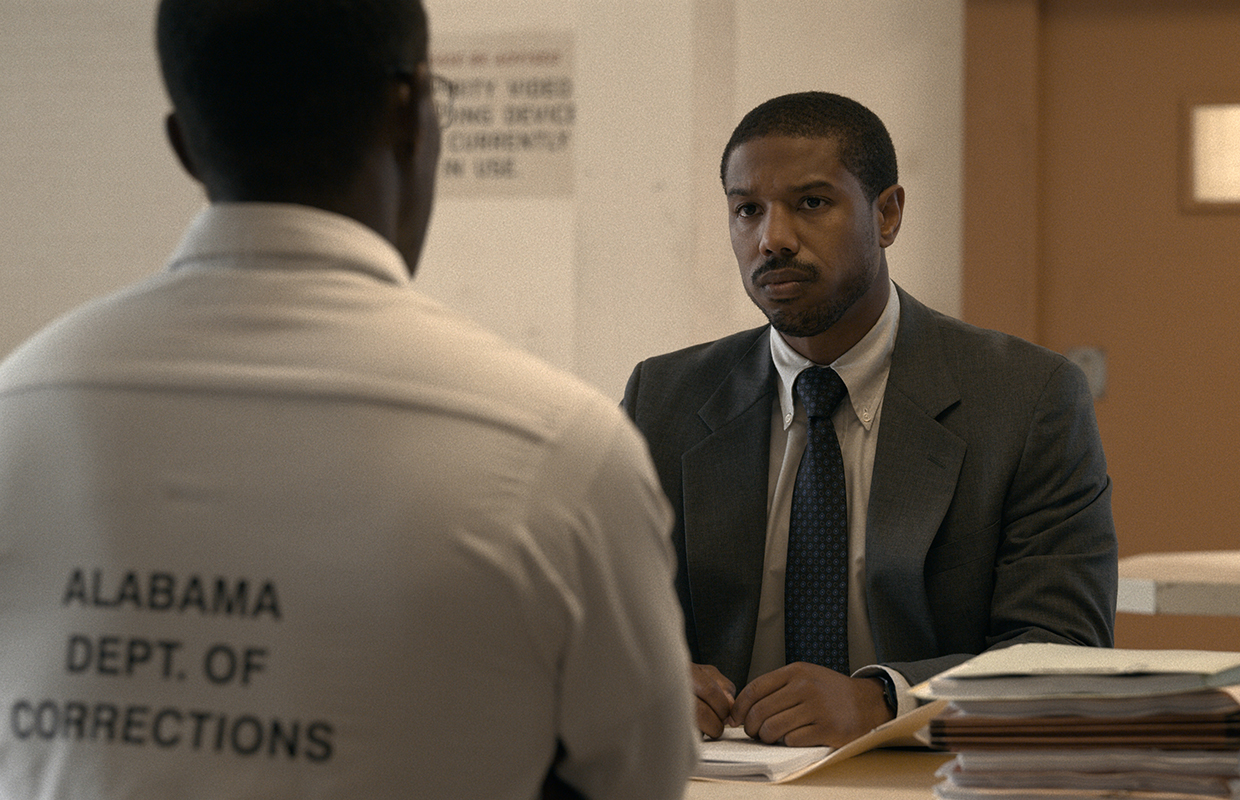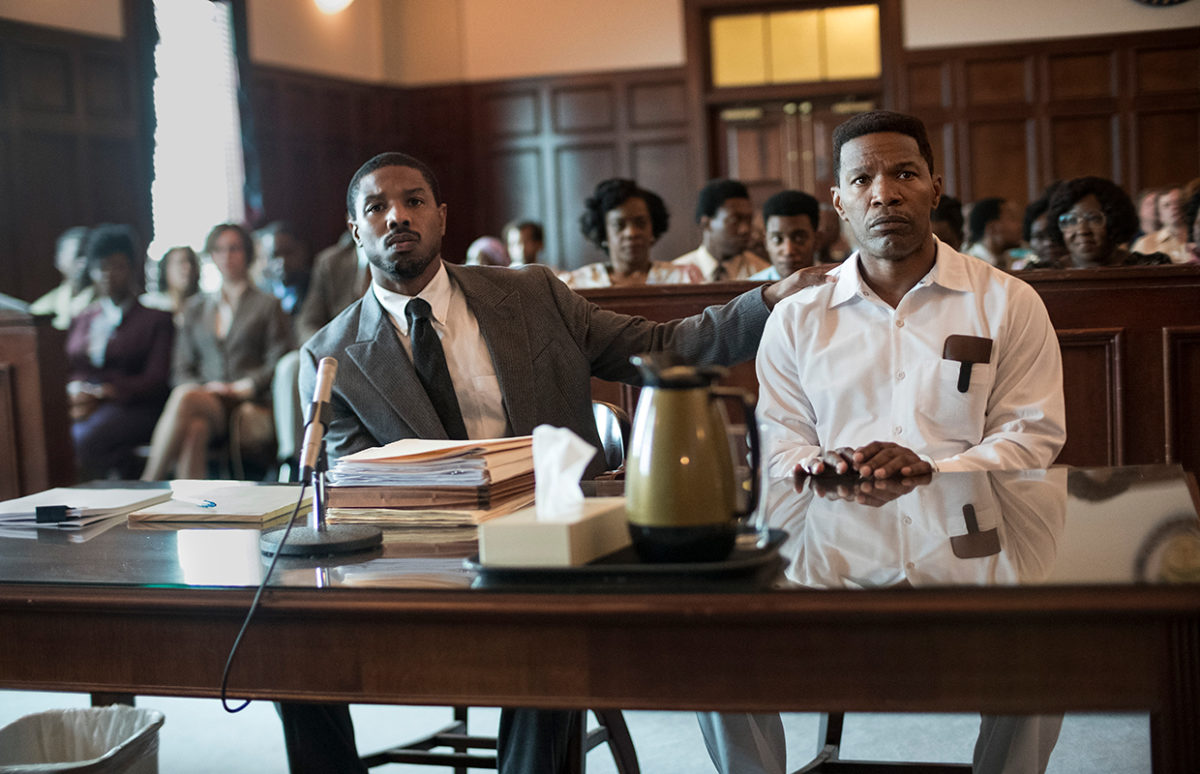A new film tells the true story of a battle against endemic racism in the American justice system. It's based on a memoir by Bryan Stevenson, a lawyer in Alabama, and tells the story of his firm's battle to prove the innocence of Walter McMillian, who was condemned to death for a murder he didn't commit. A black man, the murder of a white woman in Monroeville: the story disturbingly echoes Harper Lee's To Kill a Mockingbird and questions whether anything has changed in the almost hundred years since that classic was set.
Unfortunately it is not a new story that African-Americans and others from non-white backgrounds are disproportionately harshly punished by the U.S. justice system.
In a 2018 report to the United Nations, The Sentencing Project quoted U.S. Bureau of Justice Statistics to assert that, "African Americans are more likely than white Americans to be arrested; once arrested, they are more likely to be convicted; and once convicted, and they are more likely to experience lengthy prison sentences. African-American adults are 5.9 times as likely to be incarcerated than whites and Hispanics are 3.1 times as likely."
Just Mercy tells the story of an African-American man, Bryan Stevenson, who grew up in a poor part of Delaware but against the odds made it to Harvard Law School. When he graduated, he chose not to follow a lucrative corporate career but went to Georgia, then Alabama to defend clients with little means to pay a lawyer. Thirty years ago he founded the Equal Justice Initiative, which has won many awards and grants.

The memoir and film focus on the case of Walter McMillian. The miscarriage of justice was almost caricatural. The police ignored dozens of eyewitnesses who swore McMillian was at a church fundraiser when the murder was committed. When he was imprisoned awaiting trial it was on death row. The jury sentenced him to life imprisonment but the judge increased it to the death penalty. A surreal detail was that the judge, Robert E. Lee Key was named after the Civil War General who lead the Southern Confederacy. Yet it took six years before lawyers from the Equal Justice Initiative were able to have the McMillian exonerated and released.
In the memoir Stevenson admits that when McMillian was finally released, he didn't feel joy or relief. In fact, he was “confused by my suddenly simmering anger.” Anger that the pain inflicted upon McMillian and his family. But also anger that so many other cases of wrong convictions go unchallenged. Ironically, McMillian's chance came from that death sentence. Many other who haven't received the death penalty are much less likely to attract the attention of campaigning lawyers.
 You can find more on Bryan Stevenson in Shine
You can find more on Bryan Stevenson in Shine Bright LLCER cycle terminal File 12 Equality on trial and more on the need for reform in the U.S. justice system in Shine Bright AMC File 15 Justice for all?
Bright LLCER cycle terminal File 12 Equality on trial and more on the need for reform in the U.S. justice system in Shine Bright AMC File 15 Justice for all?
Bryan Stevenson himself speaks below about his battle for justice. You can read more about Walter McMillian's case on the Equality Justice Initiative site.
Copyright(s) :
© 2019 Warner Bros. Entertainment Inc./Jake Giles Netter
Tag(s) : "autobiography" "civil rights" "discrimination" "film" "memoir" "miscarriage of justice" "racism" "Shine Bright AMC" "Shine bright LLCER" "To Kill a Mockingbird" "U.S. culture" "U.S. justice system" "wrongful conviction"






